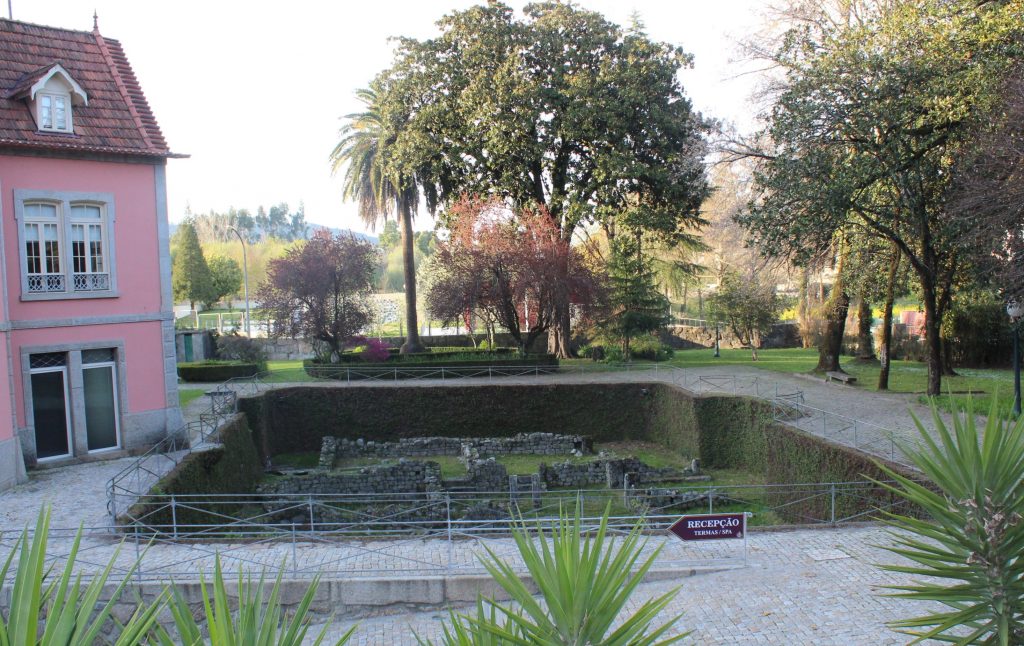104Peregrinatio quoque adhibenda et longa nauigatio et usus aquarum naturali uirtute medentiumAguas curativas, et magis sulphurisAzufre, vapores de azufre. ac medicaminis uirtutem redolentium, item maritimarum, et primo feruentium, tum frigidarum.
104And let him take a trip abroad or a long sail, and make use of waters having natural therapeutic properties, preferably those with a sulphurous and medicinal odor. Sea water should also be used for bathing, first hot and then cold.
Commentary
Tratamientos para los problemas de colon. Se incluye el uso de aguas con propiedades naturales, principalmente sulfurosas y medicinales.


